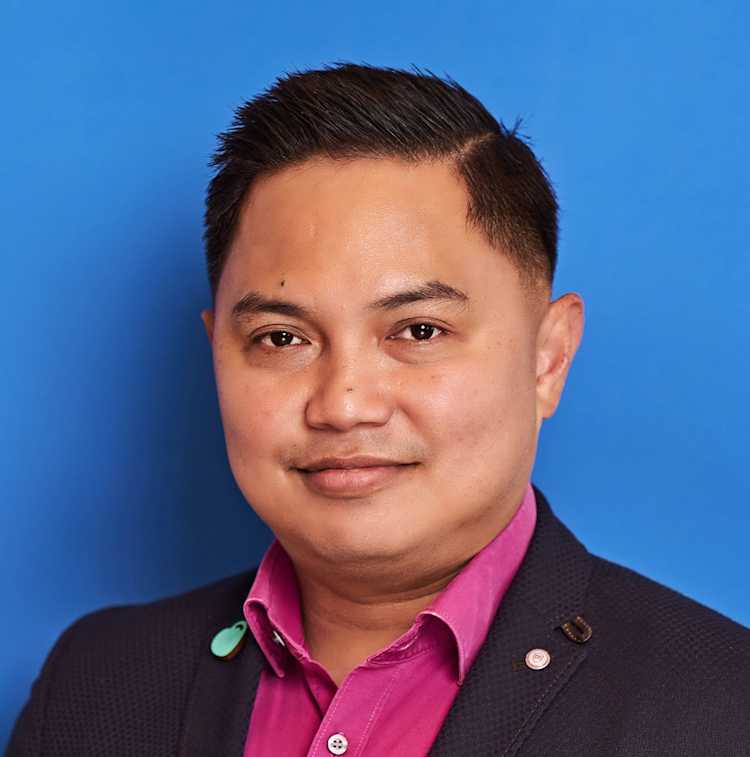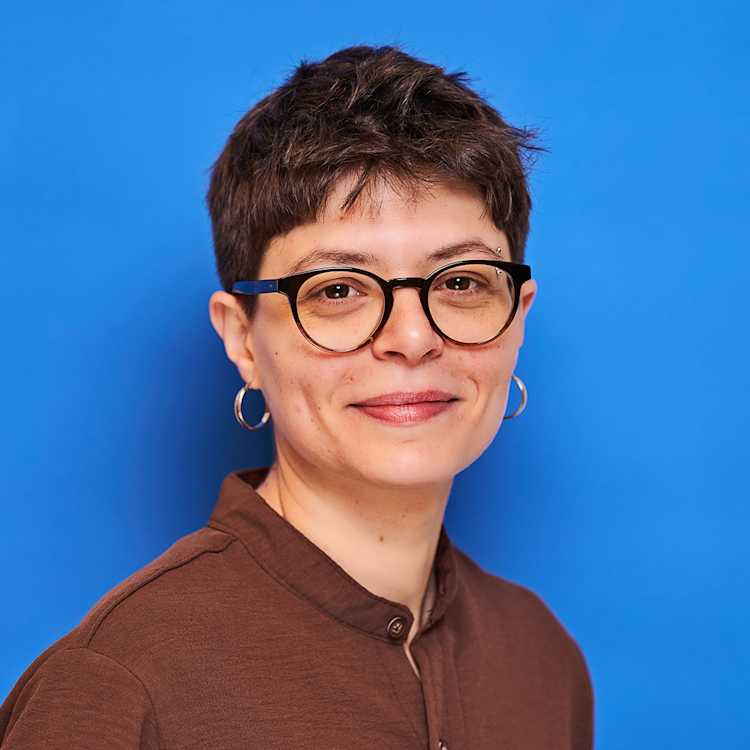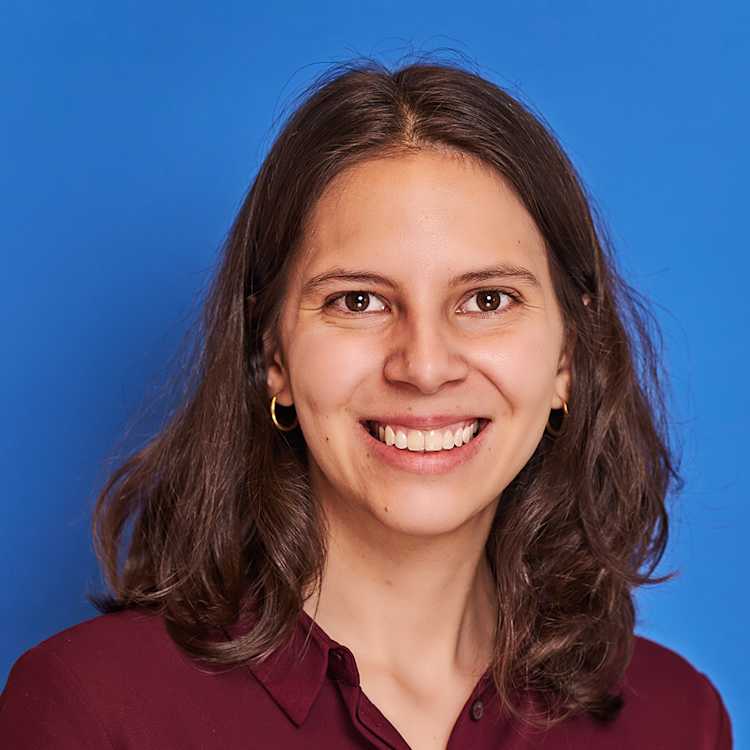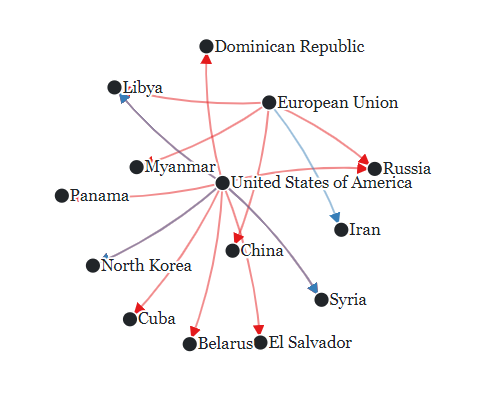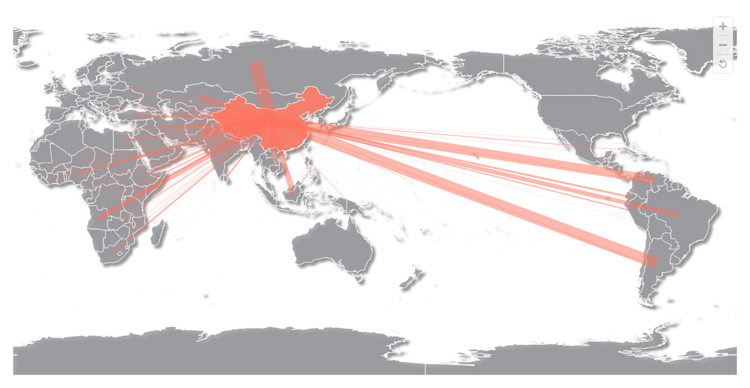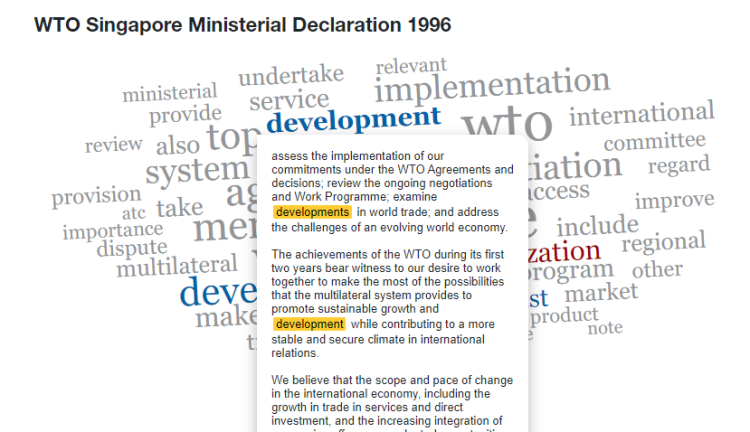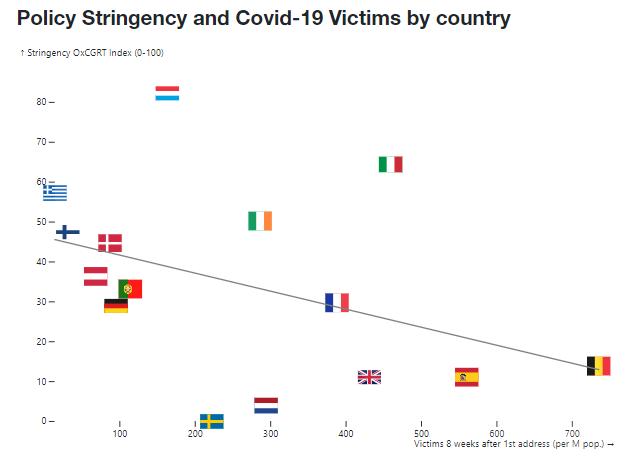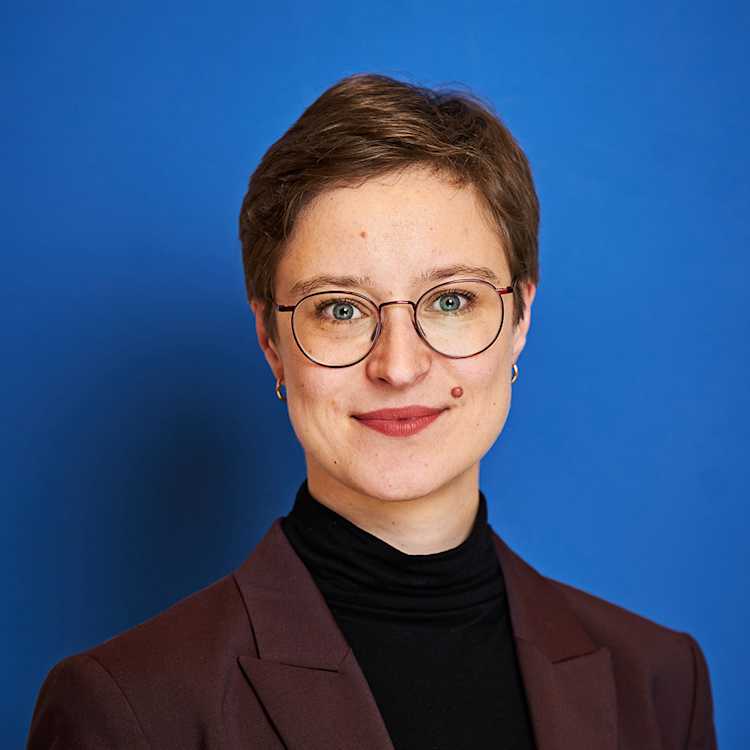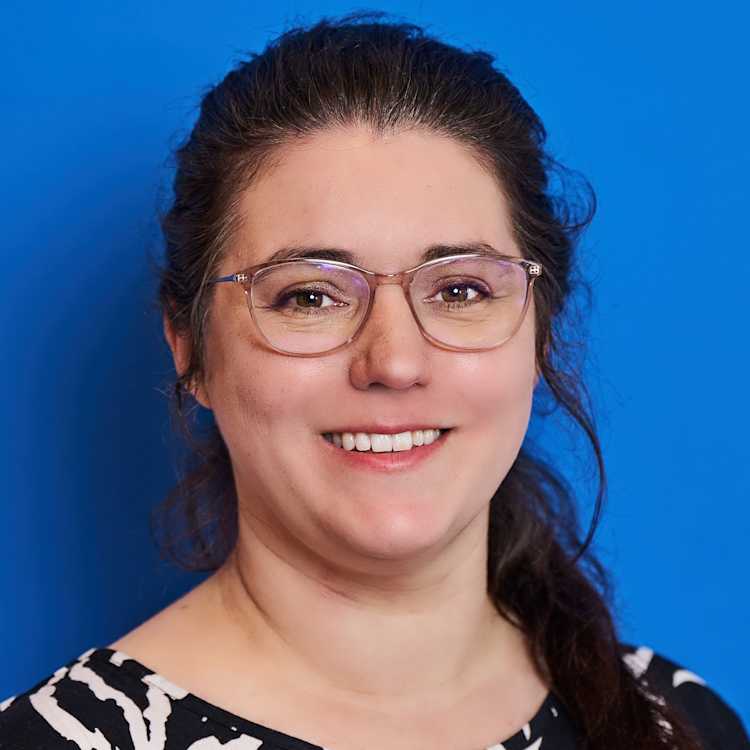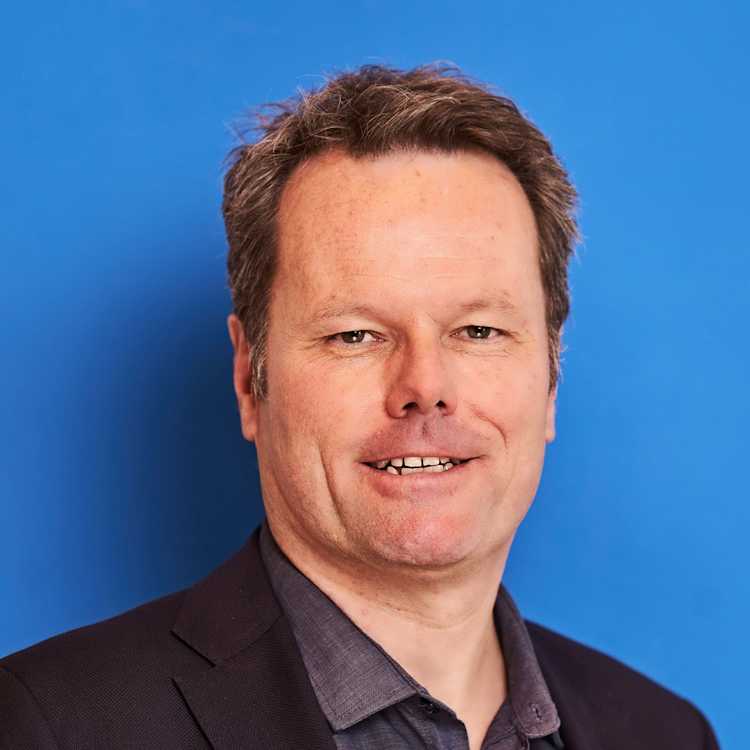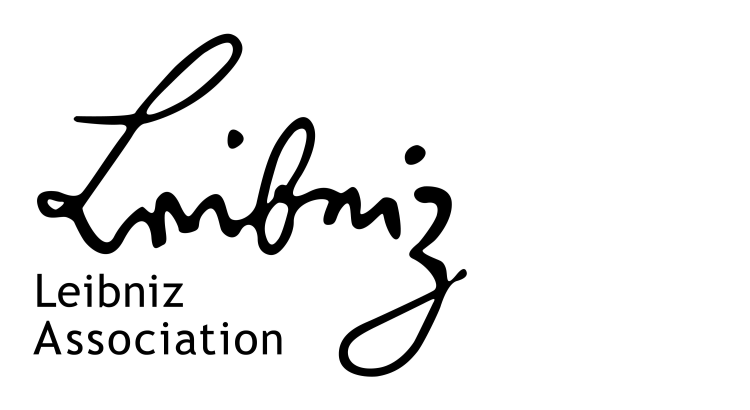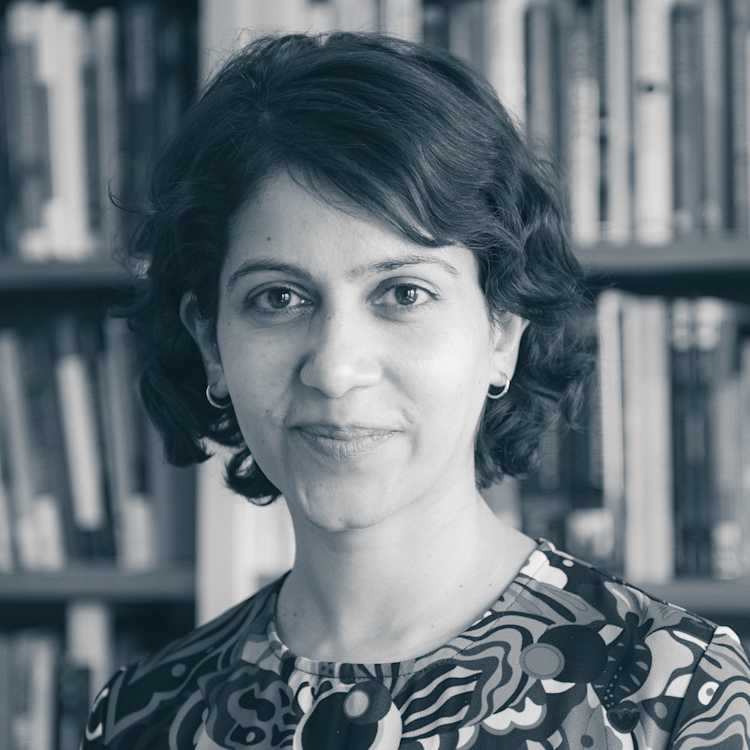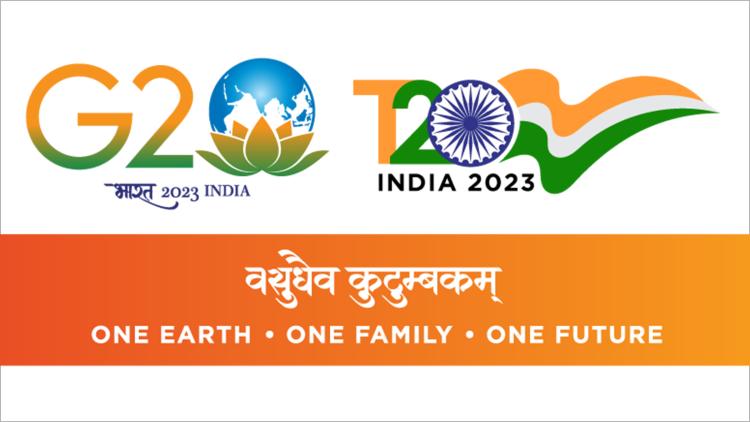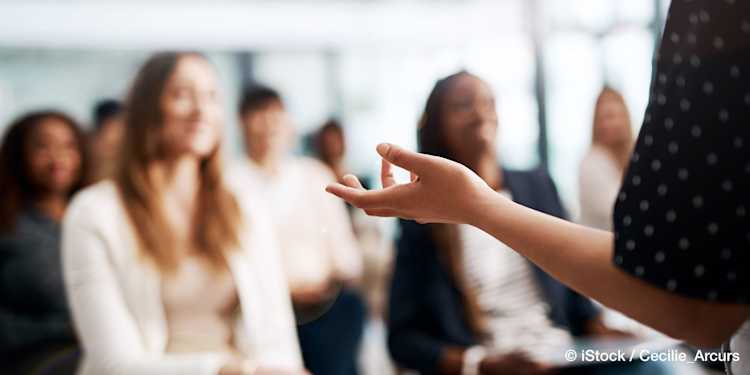- Home
- Research & Transfer
- Research Projects
- Transfer for Transformation - Knowledge Exchange with Global Reach
Transfer for Transformation – Knowledge Exchange with Global Reach (T4T)

Transfer for Transformation (T4T) is an application lab. T4T will innovate in the practice of knowledge transfer through consequent target-group-integration and novel access strategies. It will also advance the scholarship on the subject by analysing the effectiveness and impact of different types of knowledge transfer.
Leibniz Association, 2022-2025
Team
Co-LABorate Series
Visualisations
Your Questions, Our Expertise: Advancing Knowledge Exchange Together
SurveyWelcome to Transfer for Transformation (T4T)’s online survey! Following a successful pilot during the German Reunification Festival in Hamburg, we're excited to present "Your Questions, Our Expertise," a survey designed to advance knowledge exchange between us and you. Your perspective is crucial in shaping discussions on international affairs. We invite you to contribute your thoughts, helping us gain a deeper understanding of the diverse interests and concerns of the public in Germany, the Global South, and worldwide.
Take a moment to share your views by participating in "Your Questions, Our Expertise".
By engaging with your viewpoints, we hope to not only inform our research but also contribute to a lively public exchange of ideas. Thank you for being a vital part of "Your Questions, Our Expertise" as we advance knowledge exchange together!
T4T Turns GIGA-Focus Interactive
Research Questions
How governments make use of scientific findings, and whether electorates accept policy measures, depends to a substantial degree on the exchange between scholars, policy-makers, media, and the public. The GIGA’s application lab Transfer for Transformation (T4T) is thus guided by one central question: Why, and under what conditions, are some forms of knowledge transfer more impactful than others?
Contribution to International Research
To the benefit of policy and global public, with the application lab Transfer for Transformation we want to methodically lower thresholds and actively reduce asymmetries in knowledge dissemination through visualisation, translation, open access, and multistakeholder outreach. Our close collaboration with the Federal Foreign Office (FFO) and partners in the Global South will advance the use of scientific findings in addressing policy challenges. Both our scholarship on the issue and our practical experiences will contribute to the further refinement of the concept of applications labs.
Research Design and Methods
First, T4T builds further on our staff exchange with the Federal Foreign Office, systematically expanding our target-group orientation into full-fledged target-group integration. Research autonomy will be maintained, while offering early response to policy needs.
Second, T4T facilitates exchange with the public and reduces (also North-South) asymmetries in knowledge dissemination. The focus will be on three areas: a) making information accessible in multiple languages, b) facilitating access through non-textual formats and visualisations, and c) engaging in multistakeholder outreach.
Third, besides innovating in the practice of knowledge transfer, the project contributes to scholarship on this subject. The importance of this dimension cannot be overemphasized. As is evident time and again – and also in the current pandemic – some academic advice seems to be more readily accepted by practitioners than others. The GIGA already has some evidence of what works, which it has in recent years been illustrating through “impact stories” in its various reporting processes. As T4T systematises the GIGA’s transfer activities, it will simultaneously build a repertoire of knowledge also on “impact”. This Transfer strategy 3 will bring together the experiences and results of Transfer Strategy 1 and 2, and develop possible (transferable) generalisations. Within the framework of T4T, the effectiveness of our outreach with regard to visibility, to international reach, to acceptance of the offers made, and integrating our target groups into our knowledge exchanges, will continuously be documented, evaluated, and duly updated when needed.


